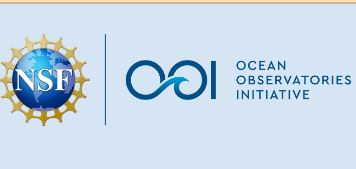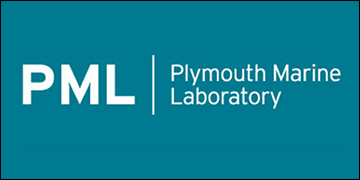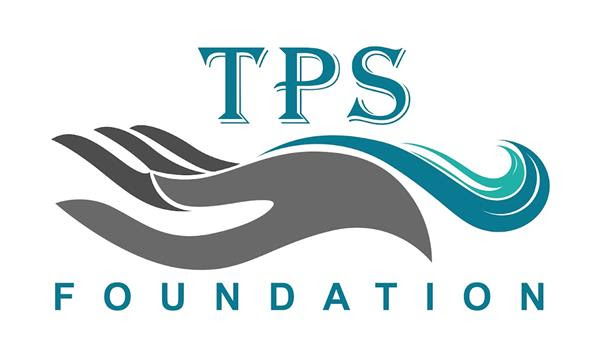OOI Bio-Optics Sensor Summer School
July 17 to 21, 2023
Oregon State University
Corvallis, OR
Apply by February 28, 2023
Hosted by the OOI Facility Board with funding provided by the National Science Foundation.
Do you use the SeaBird AC-S sensor? Are you interested in using OOI’s optical attenuation and absorption data in your research? Have you ever faced challenges finding and interpreting this type of data? If so, we hope you will consider applying for the 2023 OOI Bio-Optics Sensor Summer School.
The Ocean Observatories Initiative Facility Board (OOIFB) will host the summer school on July 17-21, 2023 on the campus of Oregon State University in Corvallis, OR. The course will focus on learning how to analyze and interpret the
Sea-Bird AC-S measurements of optical attenuation and absorption. The AC-S is a hyperspectral instrument used to characterize the way seawater absorbs and scatters light and total scattering can be derived for living and detrital particles in the ocean. The OOI Program selected the Sea-Bird AC-S as the OOI facility’s spectrophotometer and refers to the AC-S as the, “OPTAA: optical attenuation and absorbance instrument” on the OOI websites and data portal. AC-S sensors are deployed on most of the OOI platforms, including coastal, cabled, and high latitude moorings.
Marine phytoplankton play an important role in ocean ecology and global biogeochemical cycles. The optical attenuation and absorption data from the AC-S provides information on the relative biomass of different phytoplankton size classes and phytoplankton functional types. In addition, other biogeochemical proxies, such as particulate organic carbon, may be estimated. The AC-S data also may be used to validate remote sensing measurements. These observations will be useful in addressing science questions covered by several OOI research themes including:
• Climate Variability, Ocean Circulation, and Ecosystems.
• Coastal Ocean Dynamics and Ecosystems.
• Turbulent Mixing and Biophysical Interactions.
About 25 advanced graduate students, post-doctoral fellows, and early career scientists will be selected as participants for the summer school. Other career level researchers will be considered, based on space availability. Participants should have a general understanding of oceanography/biology. Only applicants from U.S institutions can be considered. Participation will be in-person only and all selected students must be available to attend all days of the course. Funding for reimbursement of travel expenses, accommodations, and meals is offered.
Additional details about the summer school program, as well as a link to the application form are available at: https://ooifb.org/meetings/ooi-sensor-summer-school-2023/
Please submit your application by the end of the day on February 28, 2023. Selections and notifications will be made in March. The selection process will strive to maximize diversity of the summer school program with regard to race and ethnicity, gender, ability, sexual orientation, geography, and research experience.






